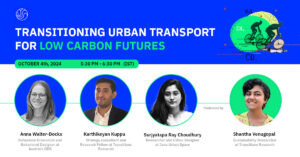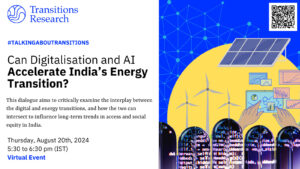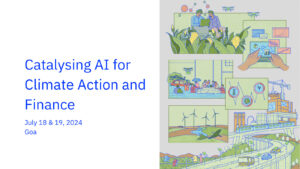The Global Climate Risk Index 2021 ranks India as the seventh most affected country in the world due to climate change and India’s cities are hotspots of climate risks. With more than 416 million people expected to move to urban areas by 2050, cities must not only plan for an influx of residents but also a growing landscape of risk related to climate change.
‘Resilience’ has emerged as a dominant framework for cities to adapt to complex impacts of climate change. However, this approach has largely addressed climate challenges through globalised visions of infrastructure development and technological innovation, while de-centring the needs of the most vulnerable communities, especially residents of informal settlements. While resilience planning is crucial in preparing cities for emerging climate risks, we must challenge “what is being made resilient”, “for whom and by what criteria” to incorporate the realities in which socioeconomic challenges, complex power dynamics and climate impacts are interlinked to avoid trade-offs that inadvertently harm the most marginalised.
This Dialogue examined and questioned the predominant narratives and visions of resilience in Indian cities. It aimed to question whose imaginaries are shaping the future and how novel forms of engagement can provide communities and individuals with an opportunity to co-create and plan their futures. We focused on addressing real trade-offs, where resilience infrastructure has led to displacement and further marginalisation of vulnerable communities, to discover pathways for more inclusive and equitable planning for climate risks.




